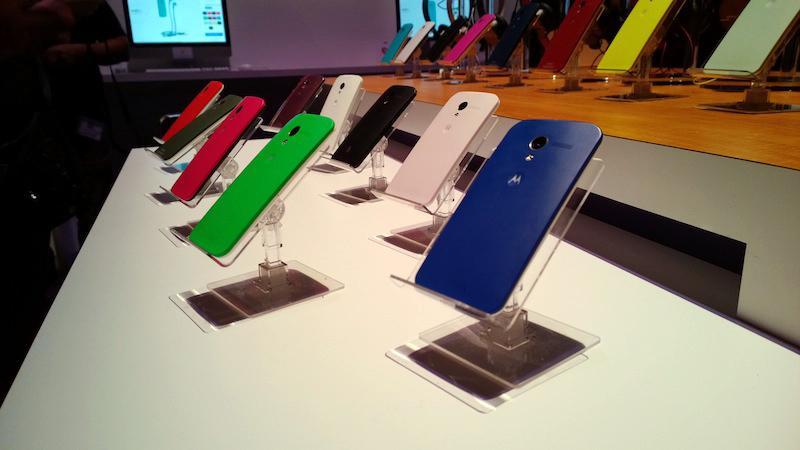
Several years ago, I remember now caring about software updates. Unless something was seriously broken with one of my phones, or there was a gaping feature missing in daily use, I didn't even think about software updates. They just didn't occur to me to be all that important, simply because more often than not they were just fixing tiny holes, and not really adding anything of real value to the device.
Sure, there were exceptions to the rule and situation, but for the most part the software updates we received on those "old school" devices were never really all that newsworthy. They existed, and that's about it. No need to get bent out of shape if a phone didn't receive one, or anything like that.
Times sure have changed, haven't they?
Still in the past, but not as far back, all the rage surrounding Google's mobile operating system, Android, was fragmentation. People loved to talk about it, point fingers, and say how it could all be better "if...". Thankfully that's not really the issue anymore, but one of the "excuses" for fragmentation sure is: updates.
When a high-end, medium-range or low-end devices finds its way onto the market, you can bet that a few months later there's going to be a newer version of the Android software it's running. Leading up to the last year or so, manufacturers have had a pretty lenient approach to updates. Which would make sense, because leading up to that point no one seemed to care about them.
If you listen to everyone yelling on the internet, then you'd have to assume that the consumer market went from not caring about updates for their mobile phones to caring about them more than they've ever cared about anything. Ever. Maybe even more than the phone itself.
That's probably not true, though. If I were to ask my uncle, my aunt, or anyone else that I know who doesn't necessarily go on the internet and read about technology, mobile, or anything similar, then they'd probably tell me they don't care. They probably couldn't even tell me what version of whatever mobile operating system they're on. Let's face it, many of them probably couldn't actually name the system they're using in general. I still hear "Windows Mobile!" way more than I should, for reference.
However, if you ask me? I'll tell you that I go crazy if I find out my phone's not getting the newest version of a piece of software. I don't even care about the reason. I just get mad that my stuff won't be all new and shiny, even if only digitally. I like new stuff, and I like new features. So, there's that.
There are a lot of devices out there that are currently being upgraded to Android 4.3 Jelly Bean, many of which that have been waiting for that update for quite some time. In the meantime, though, Google announced and released Android 4.4 KitKat, a newer version of their mobile OS. So, companies had to start weighing some options. Scrap the teams working on upgrading some devices to Android 4.3 and change focus to Android 4.4? Or, keep the ball rolling, and then eventually get to Android 4.4 down the road. Maybe.
Sprint's and and U.S. Cellular's model of the Galaxy S III from Samsung is just now getting its rollout of Android 4.3, which will bring plenty of cool new features to the older device. But, there's no reason why that device shouldn't be in line to get Android 4.4, too, when Samsung gets it all ready. If it does get updated, it should see the light of day probably in early 2014. On the other end of the spectrum, there's T-Mobile's Moto X from Motorola, which is now getting the Android 4.4 update. Which means it skipped the Android 4.3 update altogether, and just went for the newer stuff right out of the gate.
I can't help but wonder what's the best situation? If you've got a device that's, say, on Android 4.2 and you've already been told that an Android 4.3 update is on its way, would you be okay with getting Android 4.3 -- and still being a version behind -- as long as it meant you got an update sooner, rather than later? Or, would you be willing to hold out a bit longer if it meant that the manufacturer was getting ready to bring the newest, most updated version of your platform to your device a few months later?
I'm super curious about this, so I want to hear from you. Which situation do you think is best? Waiting a bit for the newest stuff, or just getting an upgrade to the "newer" version, and hoping for the best down the line? Let me know!